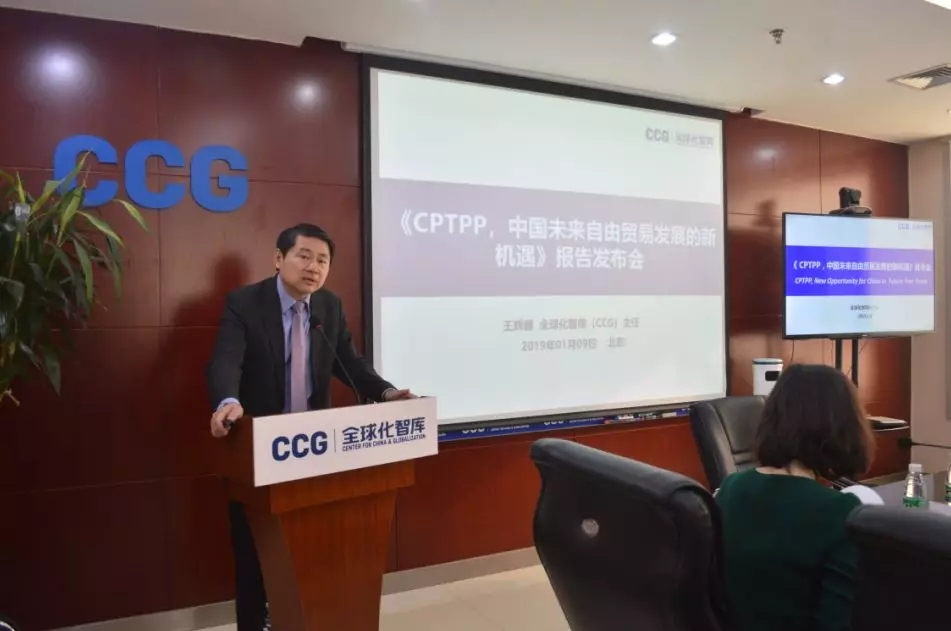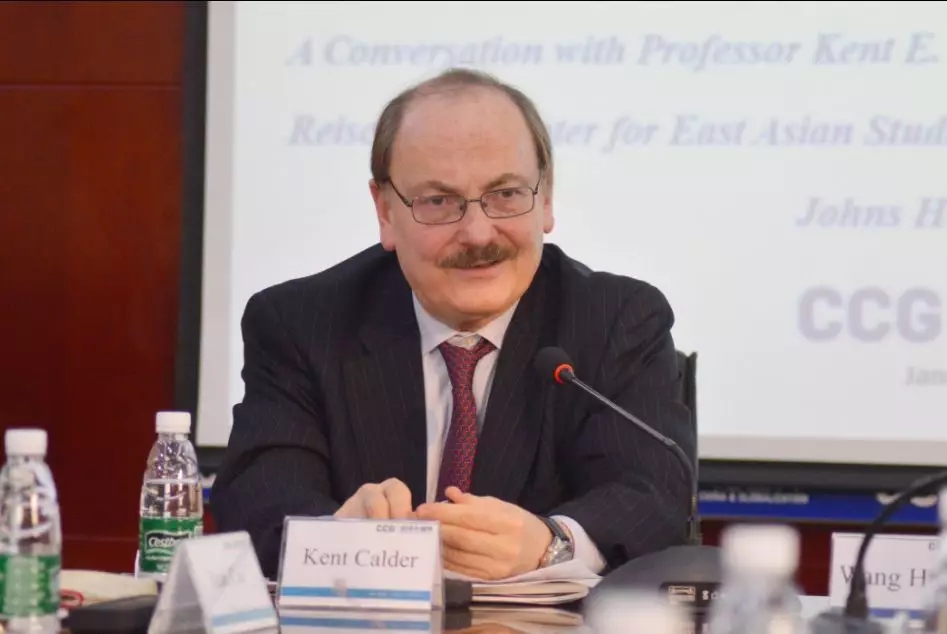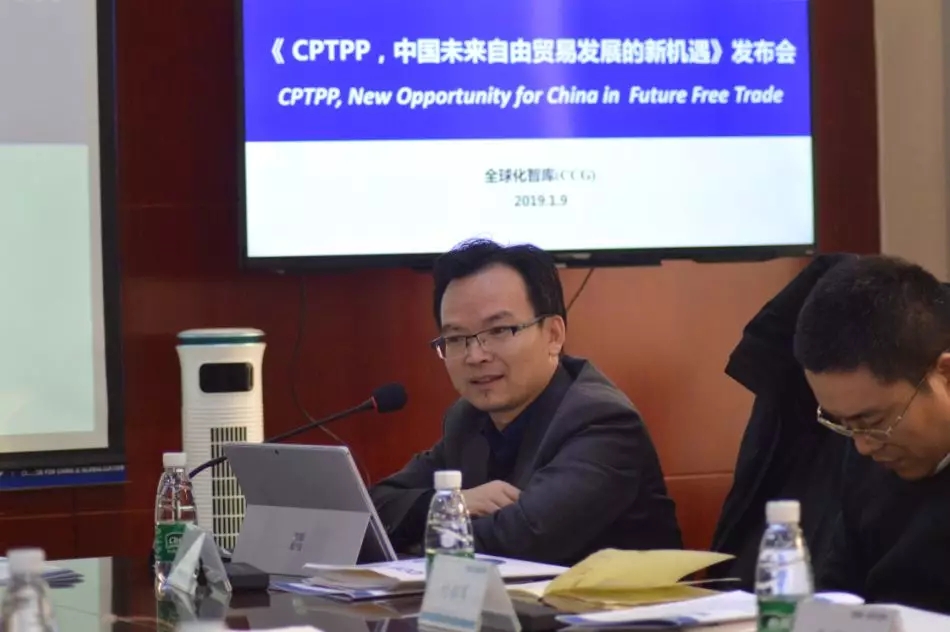【CGTN】CPTPP open to all countries that meet its standards
January 30 , 2019Members of the Comprehensive and Progressive Trans-Pacific Partnership (CPTPP) met for the first time on Saturday since the pact came into force. The trade officials discussed expanding the bloc at the meeting in Tokyo.
“We run a very transparent process… anyone who can meet the high standards of the agreement, anyone who can adhere to it, will be welcome to join,” Singapore Trade and Industry Minister Chan Chun Sing said after the meeting.
CPTPP covers market access for goods and services, investment, intellectual property rights, state-owned enterprises and trade remedies. It aims to streamline trade and cut tariffs to facilitate more business among member nations with a combined GDP of 13.5 trillion U.S. dollars, and 15 percent of the global trade.
CPTPP took effect at the end of last year after Australia became the sixth nation to ratify it. So far, Vietnam, Canada, Mexico, Japan and Singapore also have ratified it.
Will China join the CPTPP?
Wang Huiyao, director of the think tank Center for China and Globalization (CCG), said that joining CPTPP would allow China to push further with its free trade agenda. Wang believes CPTPP would stimulate growth of the Chinese service sector, which currently accounts for over a half of the country’s GDP and is expected to expand to 60 percent in 2025.

“China has its own ideas as to how it should do structural reform. Some of these coincide with the idea of CPTPP or with international organizations, and perhaps some don’t,” Kent Calder, vice dean for Faculty Affairs and International Research Cooperation at Johns Hopkins School of Advanced International Studies, said.

Tu Xinquan, professor and dean of China Institute for WTO Studies, noted that the difficulty for China to join CPTPP lies in handling the relationship between Chinese characteristics and international standards. The challenges come in three aspects: state-owned enterprises, e-commerce and investment. He pointed out that Vietnam has put forward a long list of exceptions in CPTPP in favor of its state-owned enterprises. Even though it is not realistic for China to enjoy the same treatment as Vietnam, there is still room for negotiation, as China can offer a huge market to CPTPP.

China did not participate in the Saturday meeting.
Separate efforts are underway to forge a free trade arrangement within Asia called the Regional Comprehensive Economic Partnership (RCEP), which covers about 3.5 billion people in 16 nations, including China, and accounts for one-third of the world’s gross domestic product. The RCEP could be the world’s biggest trade bloc and is in its final stage of negotiations.






